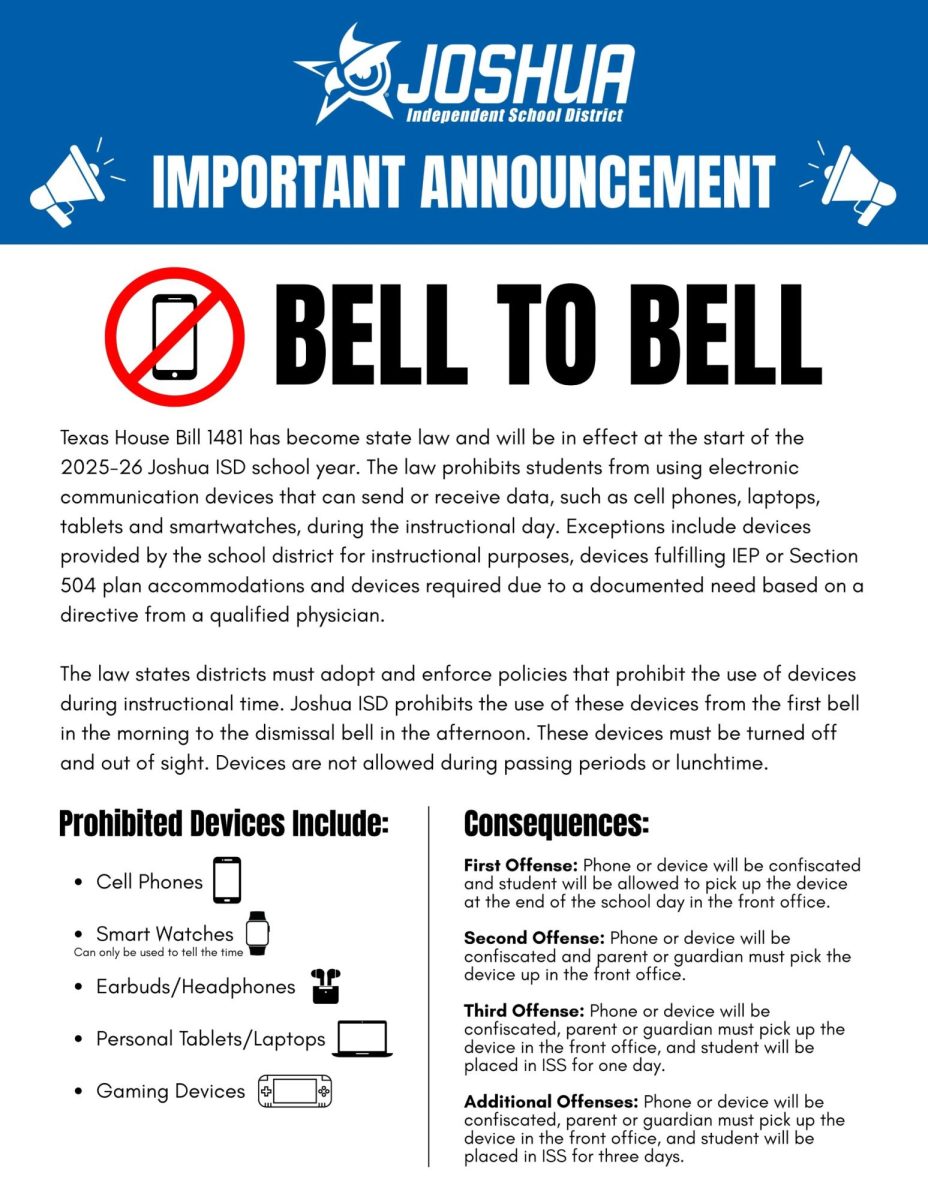Not everyone who signs up for an Advanced Placement class knows exactly what they’re getting into. Many students join AP courses because they have heard it looks good on college applications, but there’s more to it than that.
AP courses are college courses taught in high school. These classes are faster paced, more in depth, and often more challenging than on-level classes. All of these courses have an exam in May. These exams are graded on a scale of one to five. A score of three-five can earn college credit, depending on the university.
Any student can be in an AP class. There are no requirements to just take the course. One common misconception is that AP classes cost money. The courses themselves are free. However, the AP exam does have a fee, which is about $98 per test as of 2025, according to the College Board. The fee may also depend on the testing high school.
Students who have taken AP classes have a variety of different experiences. For some, it may be about pushing themselves or trying to excel in their studies.
“I think AP classes are better for me personally because I learn faster and hate learning something slowly,” sophomore Jaymee Bell said.
For others, it’s about finding different ways to learn. AP classes might not be for everyone, especially if they don’t wish to pursue that knowledge in their college and future careers.
“Regular classes give you the opportunity to just sit and learn,” sophomore Ruby Russel said. “While higher level classes move faster.”
AP classes do affect GPA. Most schools use weighted GPA scales for AP courses. This means students can earn more than the normal 4.0. This can help boost class rank and GPA, which colleges look at closely.
“It makes it a little more stressful, but it is 100% worth it for my GPA,” junior Aurora Rice said.
The AP test is where things get serious. It is mostly made of multiple choice questions and free response questions. With a score of three-five, one may be eligible to receive college credit or possibly skip introductory college courses, depending on where they decide to go to college.
Most people who join AP classes don’t know that it can directly impact their high school career, future in college, or what it may grant them.
“Off the top of my head, I have no idea what credit I get for my AP classes,” Bell said. “I have no idea other than I’m in an AP class.”
Colleges all around the country care deeply about GPA, class rank, and academics. While not every college accepts AP exams for credit, most at least consider the scores during admissions.
“While applying for colleges over the summer, almost all asked how many AP courses you take,” Rice said.
While not everyone in AP courses might not know exactly what they’re doing, they should still have an idea of what is going on. Knowing that colleges will take into consideration AP scores, GPA, class rank, and academics it provides the advantage of understanding the future a little more.


























